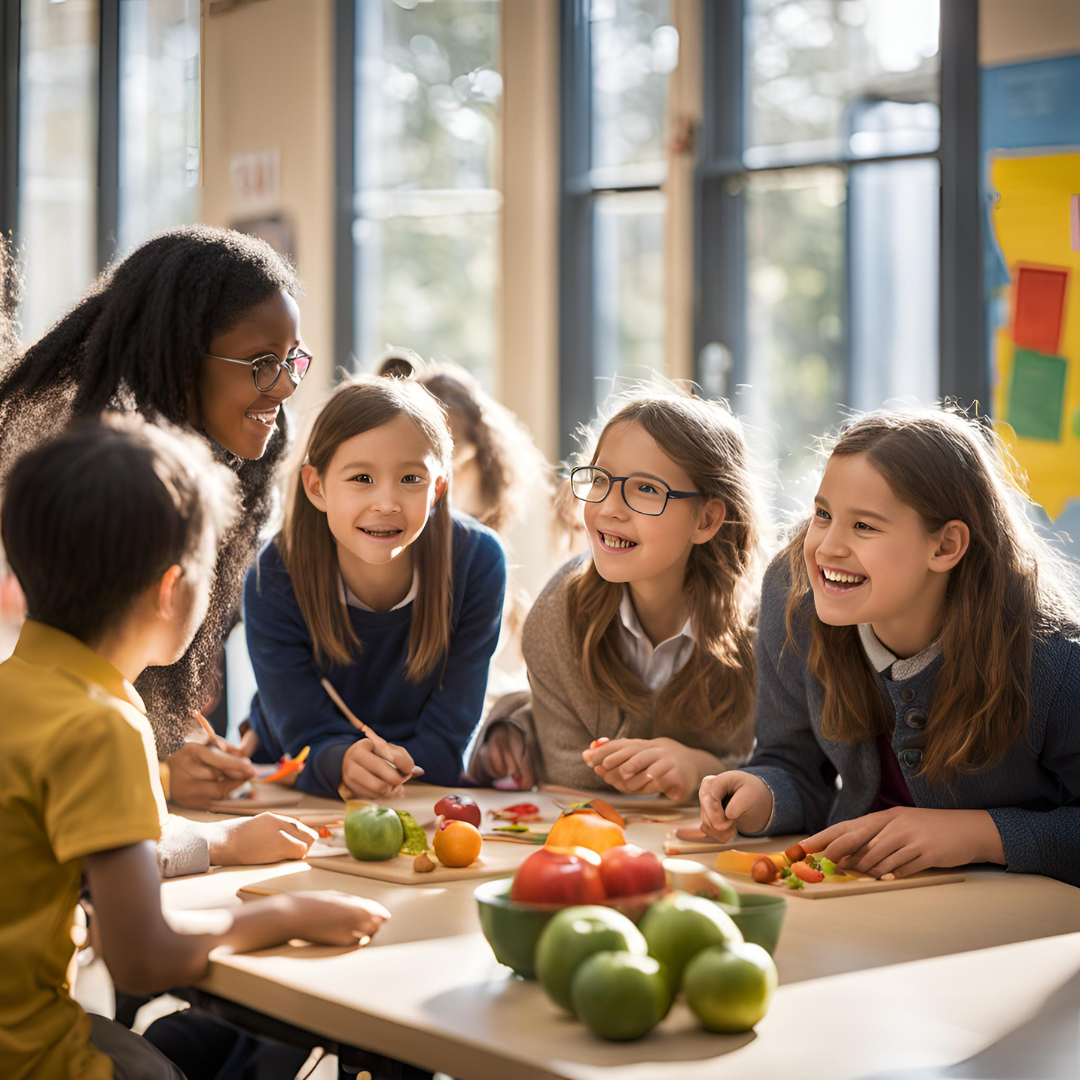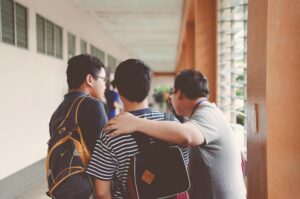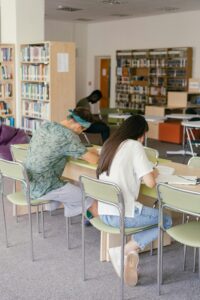|
Title: |
Boroume at School |
|
Country of implementation: |
Greece |
|
Type of the practice: |
Educational project |
|
Type of education (primary, secondary, non-formal): |
Primary, non-formal |
|
Age of participants: |
6-12 |
|
Education form (online, offline, or blended): |
Offline |
|
Link: |
https://www.boroume.gr/en/programmata/programs-detail/boroume-at-school/ |
|
In the project, a comprehensive educational program has been developed, providing valuable information to encourage children’s participation in various verbal, interactive, and artistic activities. This allows them to learn in a playful manner and express their ideas about food waste. Two programs have been created: a brief one (for 1-2 hours) and a more detailed one (for 4-8 hours), adaptable to each school’s needs in consultation with educators. Through interactive classroom activities, children gain insights into the issue of food waste, its causes, and measures to reduce it. |
SWOT ANALYSIS OF CASE STUDY 5:
Strengths (internal factors):
- An innovative program.
- Raising awareness.
- Close cooperation with various entities and engagement of local communities.
- Use of active participation methodology.
- Implementation of a learning-by-doing approach to enhance critical thinking, analytical skills, and creativity.
- An inspiring program effective for changing students’ perceptions and habits.
Weaknesses (internal factors):
- The link between raising awareness among field activists and its pedagogical aspects.
- Difficulty in tracking the impact of those practices after the program’s conclusion.
- Difficulty in sustaining the program in a single school due to the traditionally rigid schedules in Greek schools (though improvements have been made in recent years).
Opportunities (external factors):
- Changes in consumer and food manufacturers’ behavior.
- Replicability in other regions and easily transferable to different national contexts with minor adjustments.
- Expand the program to the broader school community, including families and friends.
- Encouraging critical thinking and a change of habits.
Threats (external factors):
- The busy schedules and official curricula of Greek schools that leave insufficient space for such programs.
- The varying habits that students observe between school and home environments.
- The process of changing habits is lengthy, and it might take time to observe results.
|
Some insights from conducted interviews: From teachers’ perspective: “Students love the interactive way of our approach, the fact that we do not give them ready-made solutions and answers but rather try to reach a conclusion together with them, they like very much that we perceive them as agents of change and hope for a better future and not just mere young kids, the like very much the fun ways of looking into a subject such as food waste and also the fact that we take them very seriously while making sure that we have fun all the way”. „I observed tor my students, who are also recipients of the programme “Mporoume at School”, that the most inspiring aspect of the it was that I found out that they started wondering about their food and their food waste.“ „I realized that it had become “a way of life” for me. When my students saw me personally disposing of recycling waste in the recycling bins, they immediately offered to do the same. So, I would add, that us, as teachers, who have received the “Boroume at School” training, should incorporate its components to our routine, and inspire students towards the path of understanding better the issue of food waste“. |







